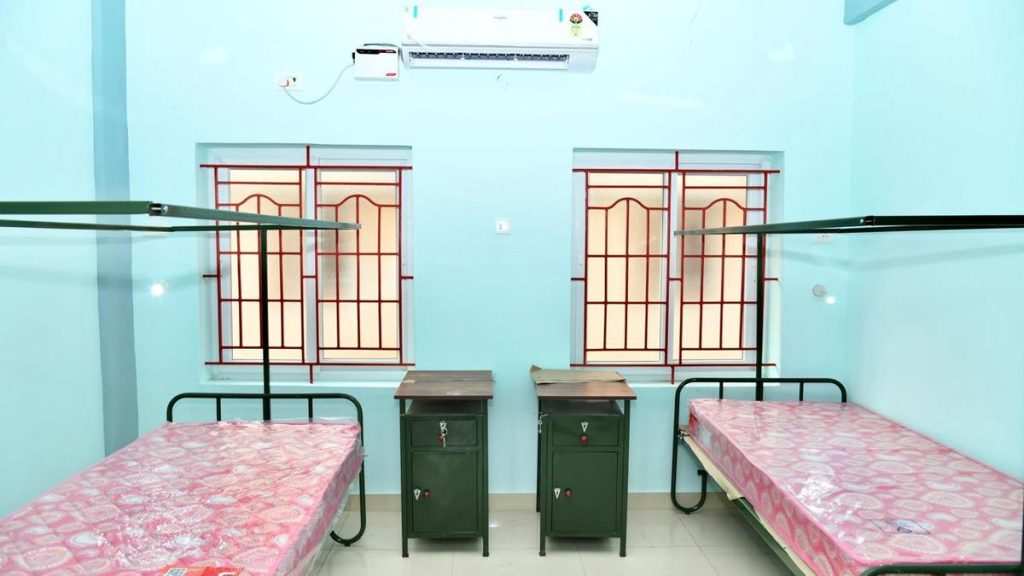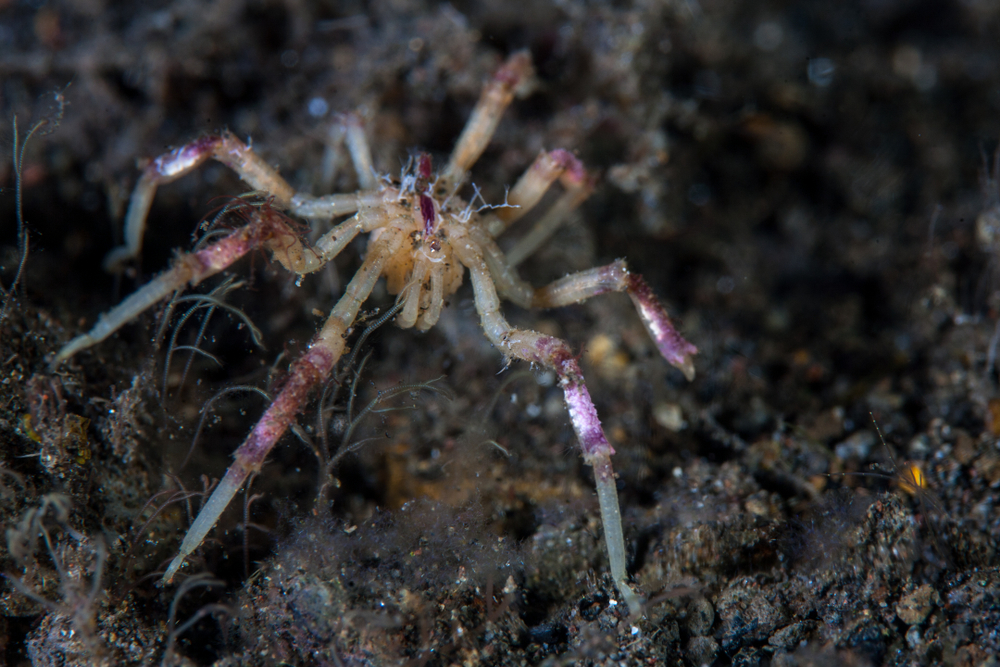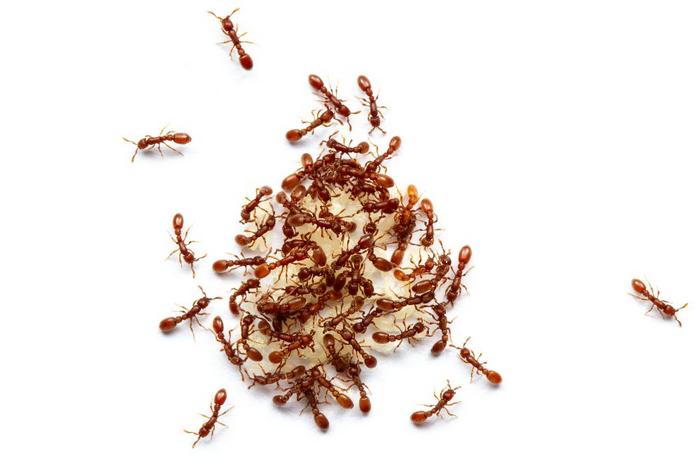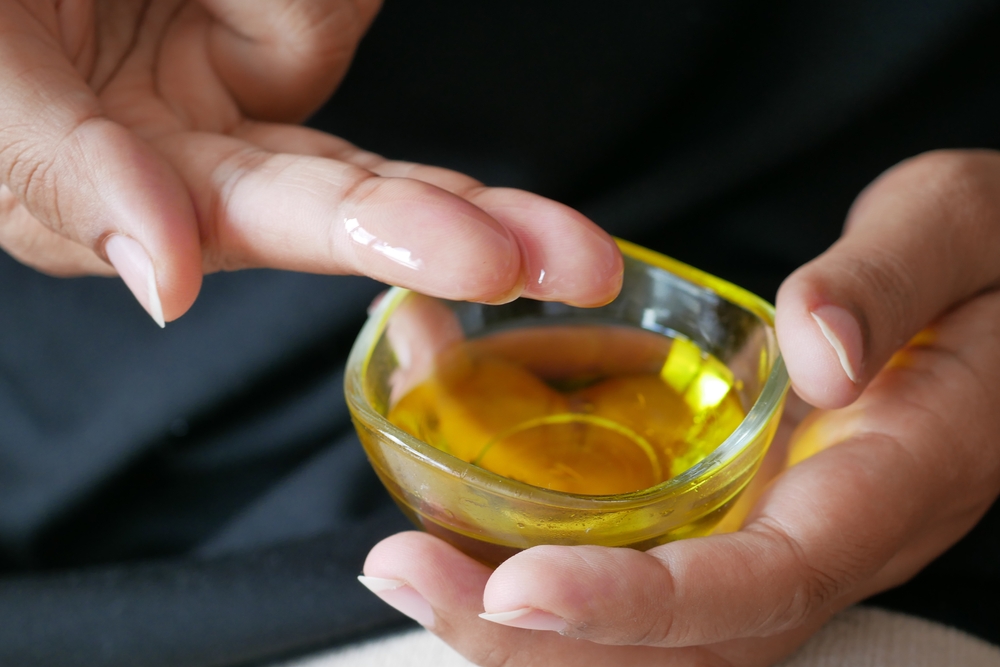Now Reading: Researchers Uncover Method to Break Down Plastic Using Air Moisture
-
01
Researchers Uncover Method to Break Down Plastic Using Air Moisture
Researchers Uncover Method to Break Down Plastic Using Air Moisture
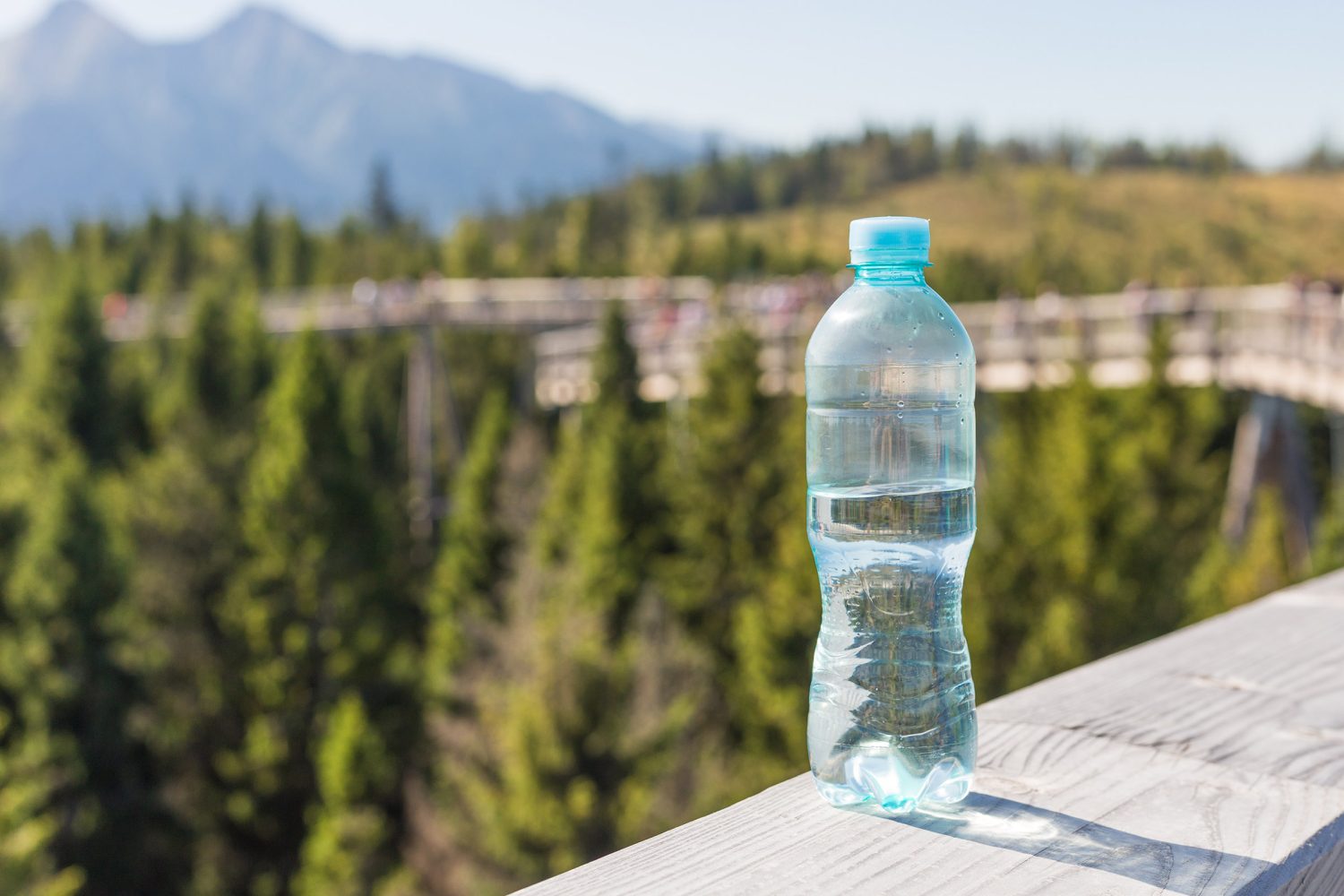
Rapid Summary
- Researchers at Northwestern University have developed a method to break down plastic waste using moisture from the air.
- This new process works specifically on polyethylene terephthalate (PET) plastic, commonly found in bottles, food containers, and polyester fabrics.
- The procedure utilizes a combination of a molybdenum-based catalyst and activated carbon to break down PET into its chemical components.
- Once broken down, trace moisture in the air triggers a reaction that converts the materials into valuable monomers, which can be recycled into new plastics or higher-value materials.
- This method is non-toxic, solvent-free, energy-efficient, and capable of recovering 94% of usable material within just four hours. Unlike conventional recycling methods that use harsh chemicals and high heat or produce lower-quality materials (downcycling), this process maintains material quality for reuse.
- Real-world testing on various plastic products showed similar efficiency including handling dyed plastics by purifying them for recycling purposes.
- The researchers aim to scale up this technology for industrial applications as they envision revolutionizing how we tackle growing global plastic pollution.
Indian Opinion Analysis
this breakthrough innovation offers immense potential meaning from an Indian perspective where solid waste management-especially plastic waste-remains a pressing challenge. India generates millions of tons of plastic yearly with landfill overflow issues exacerbated by slow biodegradation processes inherent in current practices. A low-energy, cost-effective solution such as this aligns well with India’s sustainable progress goals by possibly reducing environmental impact while also presenting economic opportunities in circular economies focused upon mono-value retention systems possible espaperially rural Tier-backwards scale-fields



